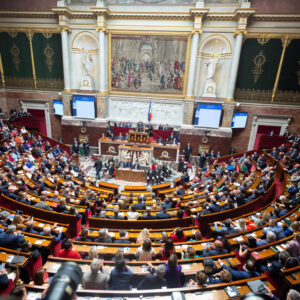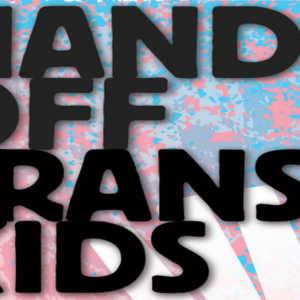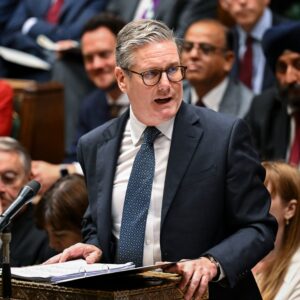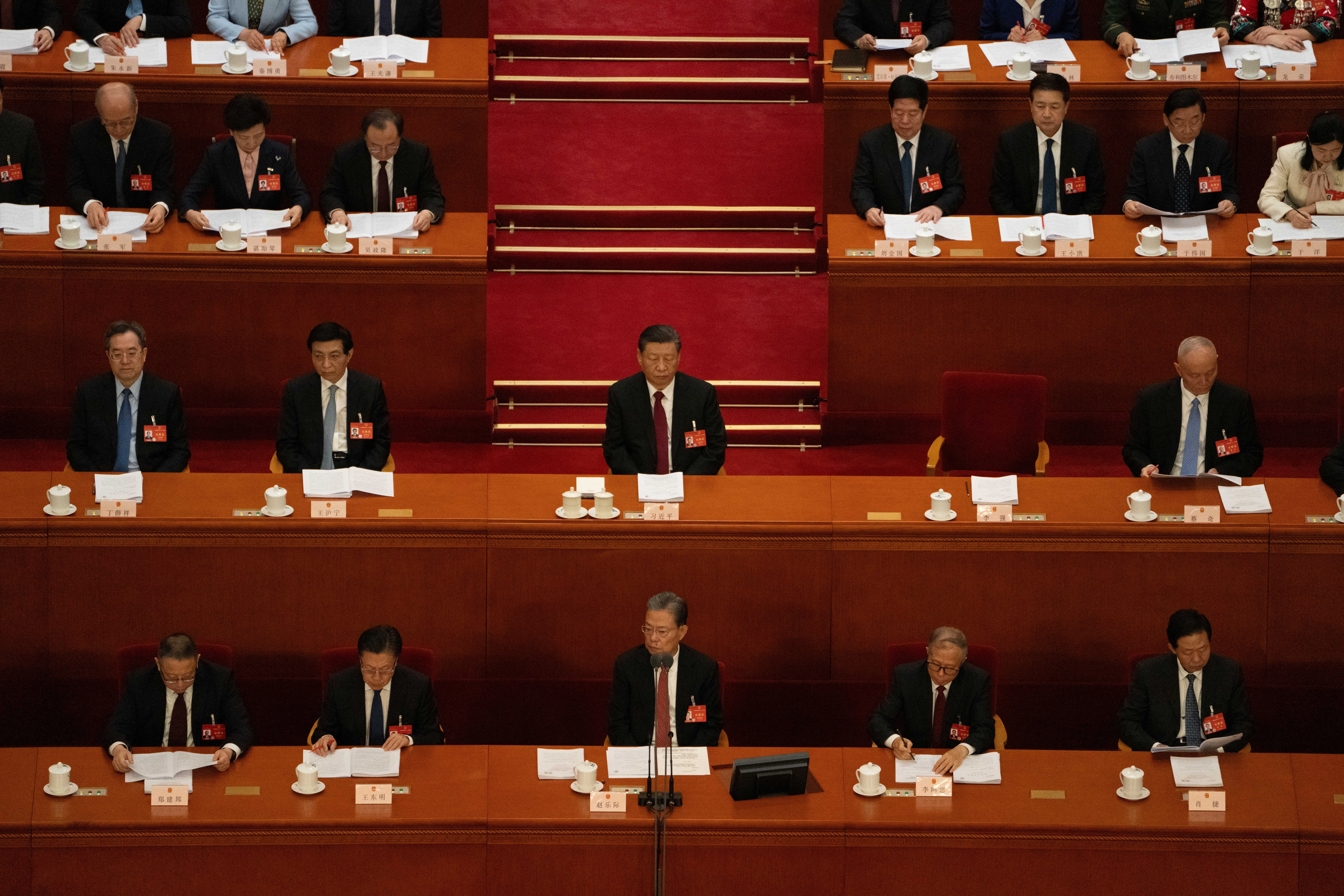Source >> Gilbert Achcar blog
[Translated from the Arabic]
In the face of the nightmare that Sudan is going through these days, we have a dream: the dream that the infighting between military factions in a country whose history has witnessed an alternation of revolutionary surges and military coups, with the latter periodically suppressing the achievements of the first—that the infighting between the regular armed forces led by Abdel Fattah al-Burhan and the Rapid Support Forces, led by Muhammad Hamdan Dagalo, may have the same effect that wars have had on some of the major revolutions of the modern era. It is well-known indeed that major revolutionary uprisings in modern history did occur against the background of a defeat of their country’s armed forces: from the Paris Commune in 1871 to the first Russian revolution in 1905, to the second in 1917, to the German revolution in 1918, etc.
The reason for this is clear, since the armed forces represent the greatest obstacle to revolutions in non-democratic countries. For, as long as the existing regime controls them, it can use them to suppress the popular movement, even if this required perpetrating a major bloodbath. One of the most prominent leaders of the Russian revolution summarized the task of the revolutionary forces as consisting in winning the “hearts and minds” of soldiers, non-commissioned officers, and lower ranks, which is indeed what allowed the revolution to triumph in 1917. The truth is, however, that winning hearts and minds is much easier when the troops are resentful in the wake of a defeat whose responsibility they attribute to their commanders and their country’s rulers. The Arab region offers an example of this, albeit in a manner that is not revolutionary strictly speaking, in that the coup d’état that overthrew the monarchy in Egypt in 1952 was a delayed result of the Egyptian army’s defeat in the Palestine war.
The convergence of defeat and its impact on morale with the existence of a revolutionary organization capable of extending its influence in the ranks of the armed forces provides the best prelude to revolutionary victory, whether it happens in a revolutionary way through a mass uprising with the participation of a civilian revolutionary party, as happened in the 1917 revolution in Russia, or by way of a coup led by a secret revolutionary organization within the armed forces themselves, similar to the Free Officers who led the overthrow of King Farouk’s regime in Egypt. In contrast, the failures of the two revolutionary waves that swept the Arab region in 2011 and 2019 are primarily due to the popular revolutions’ inability to win over to their cause the bulk of the armed forces, which is related to the fact that the revolutionary movement failed to extend its influence within the armed forces or was unsuccessful if it did try.
The military commands in Egypt, Algeria and Sudan realized the danger of their bases sympathizing with the massive popular uprisings against rulers who had completely lost their legitimacy. They therefore took themselves the initiative to overthrow these rulers (Hosni Mubarak, Abdel Aziz Bouteflika and Omar al-Bashir), whereas the revolutionary movement was unable to win over the base of the armed forces to the cause of ending military rule altogether. The Libyan exception—the only case in which a popular uprising managed to completely overthrow a political system during the Arab Spring—is due to the fact that external military intervention contributed to persuading a large part of the regular armed forces to abandon Gaddafi’s regime and join the uprising.
Where is our Sudanese dream from all the above? Sudan has thus far been the scene of the most advanced revolutionary experience that the Arab region has witnessed since 2010. The Sudanese popular movement, with its radical wing spearheaded by the Resistance Committees, has reached a level of mobilization and steadfastness that surpasses everything witnessed in other countries. This is what prevented the military from getting rid of the Sudanese popular movement, for they feared that the ranks of the armed forces would refuse to obey an order to carry out a large-scale massacre—the only event that could have put an end to the Sudanese movement. That is because this movement is characterized by the superiority of its organizational forms and the horizontality of its decision-making that renders its suppression by ordinary oppression intractable. Yet, despite its advanced level of awareness and organizational forms, the Sudanese revolutionary movement did not possess some kind of secret organization that would have allowed it to weave an underground network within the armed forces—a very difficult and dangerous endeavour indeed. This inability has been compensated for by military defeats in the abovementioned historical cases.
Will the infighting between the two pillars of the Sudanese military weaken and exhaust them, will their infighting arouse the resentment of the ranks against the high command, especially among the regular army, and provide a gateway to the exacerbation of popular resentment against the military rule to a degree that could enable the revolutionary movement to lead the masses to the overthrow of military rule and its replacement with the democracy that they aspire to? This is but a dream, for sure, and yet the current situation is the closest to that “connection between dream and life” mentioned by a Russian radical philosopher cited by another of the most prominent leaders of the Russian revolution in justifying his famous saying “We should dream!” at the beginning of the twentieth century. The ongoing tragic events in Sudan have enhanced the role of the Resistance Committees in organizing basic needs at the local level, so that their ability to achieve what they aspire to—in a context of heightened popular resentment against the military rulers and general weakening of the armed forces as a result of their infighting—may reach its pinnacle.
If it were to come true, this Sudanese dream could inaugurate a new phase in the long-term revolutionary process that started in Tunisia more than twelve years ago. But, on the other hand, if the infighting of the military were to lead to the demise of the Sudanese popular movement as a result of the situation sliding towards a long-term civil war, or due to one of the conflicting parties managing to impose a criminal military dictatorship on the whole country, we would have then witnessed, after the return of dictatorship to Tunisia, the completion of the backward surge and the end of the last remaining achievements of the two revolutionary waves that the Arab region has witnessed so far. It would then become imperative for the new revolutionary generation to fully assimilate the lessons of the two waves and of their failure in order to prepare for the next new wave, which is inevitably forthcoming before long given the continuous exacerbation of economic and social crises in the Arab region.
Translated from the original Arabic published in Al-Quds al-Arabi on 25 April 2023.
Art Book Review Books Capitalism China Climate Emergency Conservative Government Conservative Party COVID-19 Economics EcoSocialism Elections Europe Fascism Film Film Review France Gaza Imperialism Israel Italy Keir Starmer Labour Party Long Read Marxism Palestine pandemic Protest Russia Solidarity Statement Trade Unionism Ukraine United States of America War
Latest articles
- France after the elections: How should the radical left act?In the wake of the National Assembly’s dissolution and new parliamentary configuration, La France Insoumise (LFI) should adopt a clear stance of radical opposition, emphasizing its commitment to anticapitalist principles and democratic reforms while avoiding any compromise with the existing government unless it secures absolute majority support from the populace, argues Gilbert Achcar.
- Why Socialists Oppose the Two‑Child Welfare CapIn this article, Simon Hannah explores why socialists vehemently oppose the government’s two-child welfare cap, arguing that it stems from austerity measures and reactionary views on the poor.
- Hands off Trans KidsA pamphlet from Anti*Capitalist Resistance.
- Two Child Benefit RevoltDave Kellaway responds to the revolt by Labour MPs and others to the Labour government keeping the Tories’ hated two child benefit cap.
- The beginning of the end of China’s rise?This is the second interview in a two-part series. The first interview (“Opposing US militarisation in the Asia-Pacific should not mean remaining silent on China’s emerging imperialism“) covered the nature of China’s state, its status in the world today, and implications for peace and solidarity activism.






